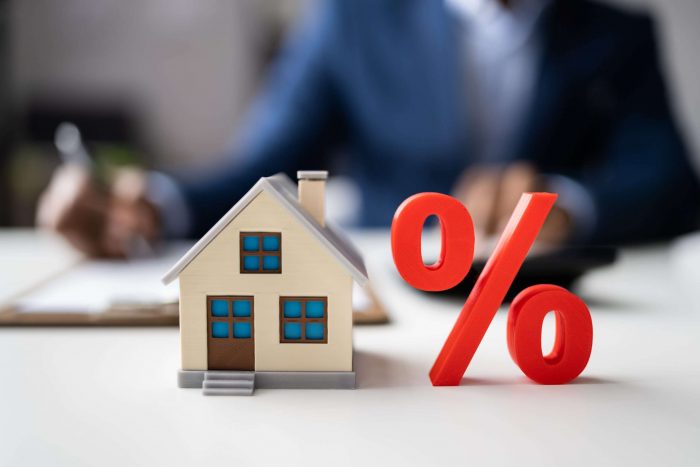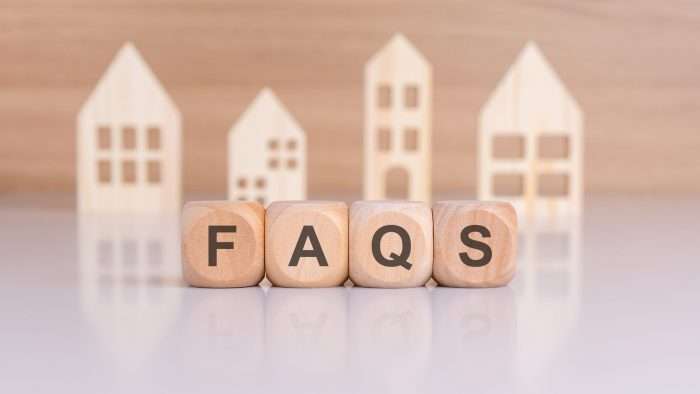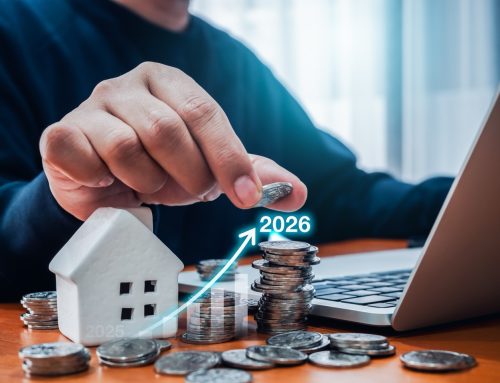Mortgage vs Payment Plan: Best Property Financing Option


What Is a Mortgage?
A mortgage is a long-term loan that allows you to purchase a property by making monthly payments, typically over 15 to 25 years. Mortgages are offered by banks and financial institutions and come with interest rates that can either be fixed or variable. With a mortgage, you own the property outright once the loan is fully paid.
Key Features of a Mortgage:
- Long repayment period: Monthly installments over many years.
- Interest rates: Fixed or variable interest rates add to the cost.
- Down payment: Usually requires 10-25% of the property’s value upfront.
- Ownership: You gradually build equity as you pay off the mortgage.
- Costs and fees: Involves registration fees and other costs like interest and service fees.
Pro Tip: If you have a steady income and want to own the property over the long term, a mortgage can be a smart investment. UAE expatriates can finance up to 80% of a property’s value, while UAE nationals can finance up to 85%.

What Is a Payment Plan?
A payment plan, typically offered by developers, allows you to pay for the property in structured installments, often during the construction phase. Payment plans are a more flexible option but usually come with shorter repayment periods, usually ranging from 2 to 10 years. There is no interest, but developers may require substantial upfront payments.
Key Features of a Payment Plan:
- Shorter repayment period: Usually 2-10 years.
- No interest: Unlike mortgages, no interest is charged.
- Smaller, frequent payments: Pay as the property is built and after handover.
- Developer incentives: Often includes perks like waived fees or free services.
- Down payment: Usually requires an initial 10-20% payment, with the remainder paid in installments.
Pro Tip: Payment plans are ideal for buyers seeking more flexibility in the short term or those looking to invest in off-plan properties without taking on the long-term commitment of a mortgage.

Making the Right Choice
To determine whether a mortgage or payment plan is right for you, consider the following factors:
- Financial Stability: Do you have a steady income that can support long-term repayments? If so, a mortgage might be the best option, especially if you’re looking to build equity over time. On the other hand, if your income is variable or you’re not ready for a long-term commitment, a payment plan might suit you better.
- Down Payment Ability: If you’re able to make a larger down payment and prefer shorter repayment periods, a payment plan could be ideal. However, if a smaller down payment with longer-term payments is more feasible, a mortgage is a more appropriate choice.
- Long-Term Property Goals: Are you purchasing the property as a long-term investment or a place to live for the foreseeable future? A mortgage helps build equity, making it better for long-term stays. Payment plans are more suited for investors or those who need flexibility in the short term.
- Market Conditions: Take interest rates into account. If mortgage rates are low, opting for a mortgage may save you money over time. Conversely, when interest rates are high, payment plans can offer a more cost-effective solution with zero interest.

Frequently Asked Question
- What is the loan-to-value (LTV) ratio in mortgages?
The LTV ratio represents the percentage of the property’s value that you can finance through a mortgage. For instance, an LTV of 80% means you’re borrowing 80% of the property’s value and need to pay the remaining 20% as a down payment.
- Can I purchase a property in Dubai without a down payment?
Generally, no. Expats need to put down at least 20%, while UAE nationals can finance up to 85%, requiring a minimum down payment of 15%.
- What should I consider when choosing between a mortgage and payment plan?
Assess your financial stability, income, long-term property goals, and market conditions. Mortgages are better for long-term investment, while payment plans provide more flexibility in the short term.
Both mortgages and payment plans have their pros and cons, so it’s essential to assess your current financial situation and future goals before committing to either option. If you want to build long-term wealth through property ownership, a mortgage might be the way to go. However, if you’re after short-term flexibility or investing in off-plan properties, a payment plan can provide greater ease.
For the best results, consider consulting a financial advisor or real estate expert to guide you through the process based on the specifics of your situation.





